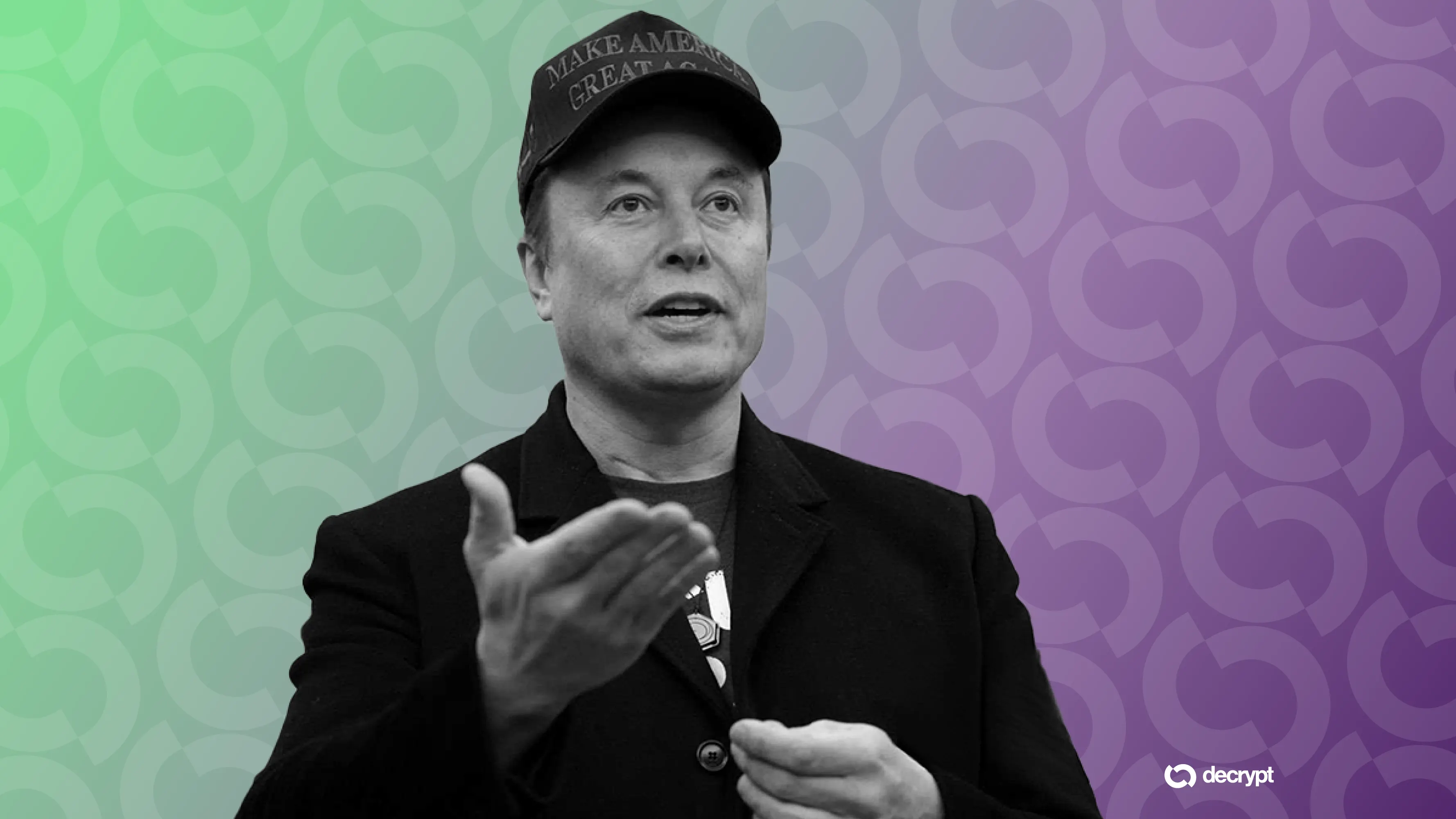In brief
- Oates’s November 8 tweet questioned Musk’s apparent lack of joy or humanity, sparking millions of views.
- Musk fired back with personal insults—calling her “a lazy liar and an abuser of semicolons”—and reignited debate over art vs. engineering.
- Even Musk’s own AI, Grok, weighed in, diagnosing the feud as a clash between “hyper-rationalism” and “humanistic wanderlust.”
In a peculiar collision of cultural forces, the esteemed novelist Joyce Carol Oates and the world's richest man, Elon Musk, have been duking it out in a viral slugfest over the elusive joys of ordinary life, wealth, and the presence—or absence—of "soul" in the hyper-rationalist age.
The acidic exchange, unfolding since the weekend on Musk's X platform, rapidly generated millions of views and laid bare an ever-deepening rift between the humanities’ focus on empathy and the techno-optimist’s drive for disruption.
The kerfuffle was initiated Saturday by Oates, the decorated author whose immense literary output includes over 70 published books and multiple nominations for the Pulitzer Prize. Her initial post, a cascade of subtle barbs and careful observation on Nov. 8, targeted the public persona of the world's wealthiest man, Musk, while quote-tweeting a screenshot of one of his X posts.
“So curious that such a wealthy man never posts anything that indicates that he enjoys or is even aware of what virtually everyone appreciates—scenes from nature, pet dog or cat, praise for a movie, music, a book (but doubt that he reads); pride in a friend’s or relative’s accomplishment; condolences for someone who has died; pleasure in sports, acclaim for a favorite team; references to history,” Oates tweeted. “The poorest persons on Twitter may have access to more beauty & meaning in life than the ‘most wealthy person in the world.”
The post quickly amassed nearly 5 million views, 83,000 likes, and thousands of replies, striking a deep chord with users who view the tech mogul as divorced from common human experience. The implication—that Musk, for all his monumental wealth and ambition as the architect of Tesla, SpaceX, and X itself, is adrift in a world untouched by everyday poetry—was unmistakable.
The thrilla in vanilla
The musing transformed into a no-holds-barred cage match spectacle when Musk, the self-appointed steward of free speech on X, retaliated with a series of personal and dismissive attacks. By Sunday morning, Musk had fired back, accusing the literary author of dishonesty and literary excess.
“Everything she says in her post about me can be shown to be demonstrably false with a simple search. Oates is a lazy liar and … an abuser of semicolons!” Musk wrote. Calling someone a semicolon abuser is bad enough, but Musk escalated his attacks: “Oates is a liar and delights in being mean. Not a good human.” And in a final, withering dart, he declared, “Eating a bag of sawdust would be vastly more enjoyable than reading the laboriously pretentious drivel of Oates.”
The ensuing hours were thick with irony. The man accused of cultural barrenness spent much of the day attempting to prove his aesthetic bonafides by referencing 1980s science-fiction cinema, citing Blade Runner and Aliens as peak artistry (true!) amid a flurry of retroactive syllabus-building that many users interpreted as only reinforcing Oates’s original critique.
More irony: One of X's most prolific users is Oates, who tweets with the enthusiasm and frequency of a teenager. As for Musk, his latest, most interesting tirades have been about the difference between "makers and takers"—people who spend their lives creating things versus people who just consume and backbite. The ranting came after Tesla shareholders awarded Musk a pay package that could be worth $1 trillion over the next decade, and all of the ensuing backlash that followed.
The episode transcended mere celebrity gossip. Oates, at 87 years old, embodies the humanities’ quiet insistence on beauty and emotional complexity; her work probes the very textures of empathy she invoked. Musk, who has declared human empathy the biggest threat to civilization, represents a relentless march toward technological singularity.
The man never sleeps and never stops building, treating each of his monumental successes as just another new level in a video game, according to his biographer, Walter Isaacson.
Can't we all just be friends?
Maybe so. In the end (at least for now), Oates, ever the detached chronicler of human folly, declined to engage in the personal mudslinging. Instead, she offered a seemingly final observation Monday, reflecting on the virtue of “empathy.”
She praised Musk, albeit wryly, for allowing such critical commentary on his platform. “It is impressive that Elon Musk allows critical commentary of himself on X,” she wrote. “That is not usually a magnanimity of spirit commensurate with the extreme type of non-empathetic person.”
Daily Debrief Newsletter
Start every day with the top news stories right now, plus original features, a podcast, videos and more.

